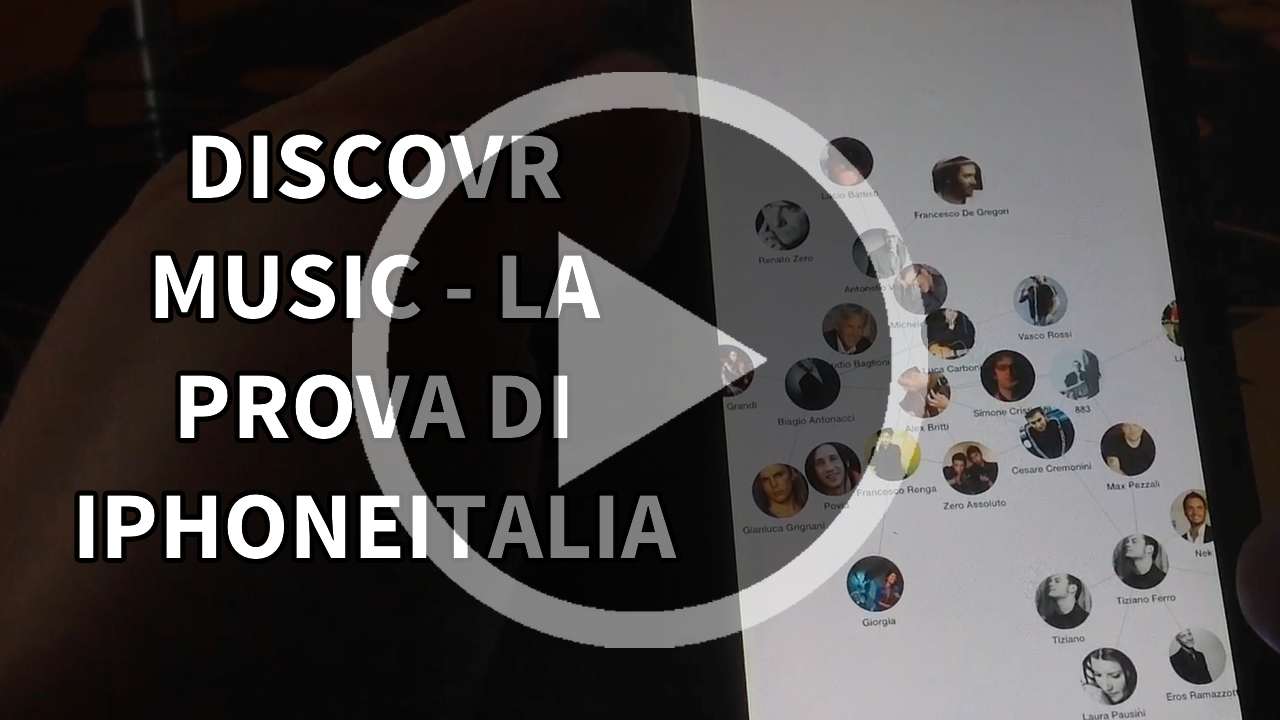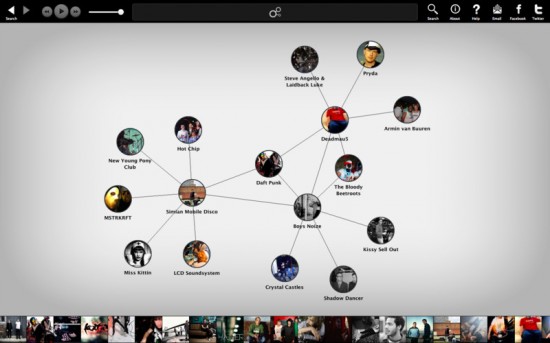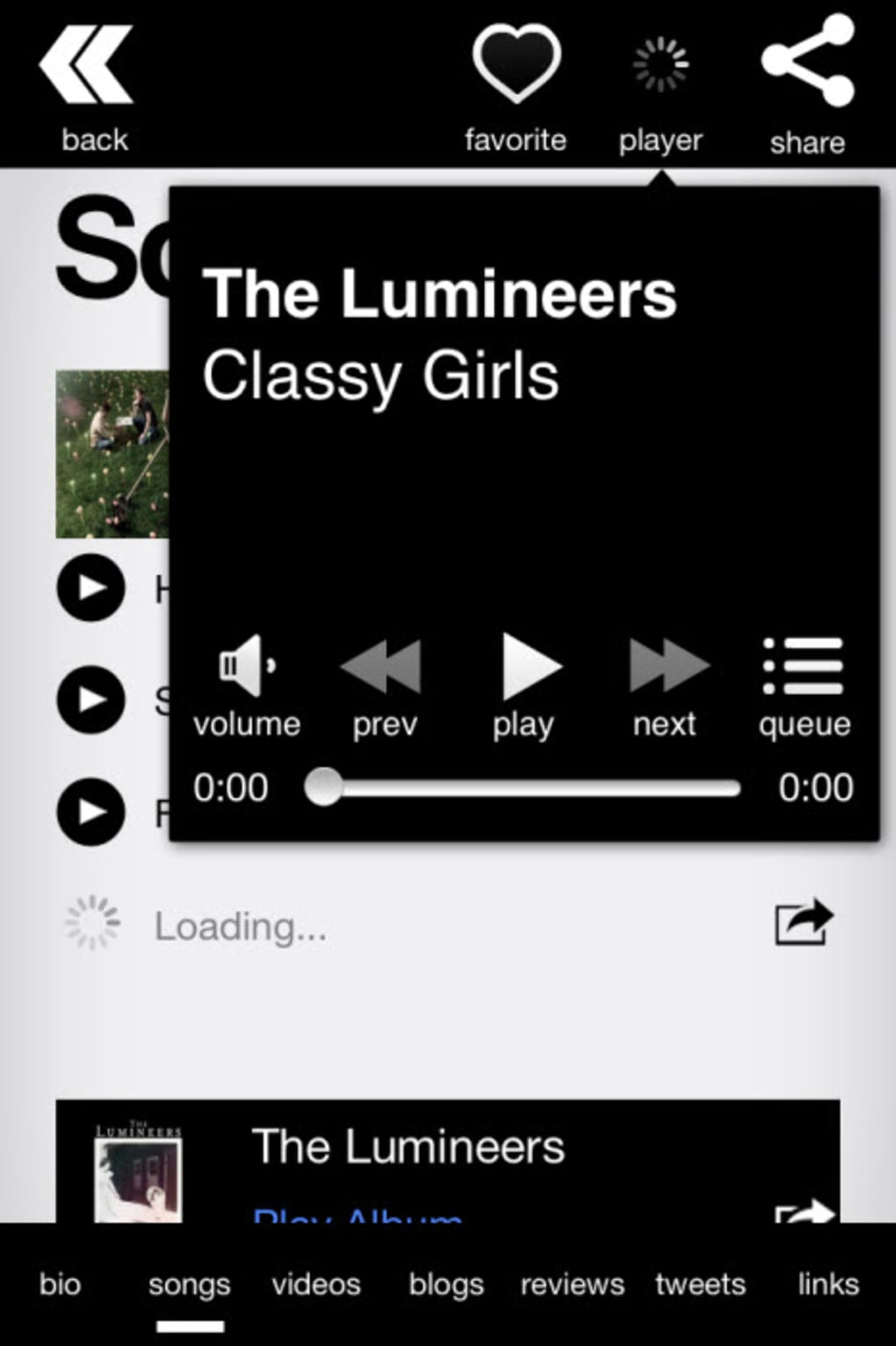

Independent artists struggle to find fans, submitting songs to streaming platforms and getting lost in the shuffle. Listeners can support independent music and personalize the medium they love, filling this reclaimed airtime with content they choose.Īccording to a survey, commissioned by Auddia and conducted by Morning Consult, most radio listeners want access to new music in addition to what the radio stations are playing. Its AI automatically removes undesirable content segments, like commercial breaks, freeing up approximately 25% of every hour. Participating artists and radio station programming directors will get access to listening data and be paid for every track play at the standard SoundExchange rate.įaidr is the only streaming app paying new artists and offering AM/FM radio stations without ads.

Independent artists selected for faidr's Discovr music program will have their songs added to 4500+ live and local radio station playlists by July 1, 2022. (NASDAQ:AUUD)(NASDAQ:AUUDW) ("Auddia" or the "Company"), developer of a proprietary AI platform for audio and innovative technologies for podcasts that is reinventing how consumers engage with radio, today announced its new music distribution and discovery program, Discovr. To have the greatest impact, give patients the aux.Discovr Artists Gain Exposure and Get Paid by Having Their Music Played to Radio Listenersįaidr Is the Only Streaming App Supporting Creators and Offering Commercial-Free Am/Fm RadioīOULDER, CO / ACCESSWIRE / Ap/ Auddia Inc. It’s not enough just to play music in the background. The authors hope that the findings could be used to improve music therapy. This could involve incorporated visuals, for example, to capture listener attention. In the future, the team hopes to develop strategies that engage listeners who don’t listen to music much in their regular lives. The findings also highlight the importance of musical absorption - the feeling of getting lost in a song and losing physical awareness. That leads to feelings of wellness and decreased perception of pain, the authors write. Meanwhile, song complexity didn’t affect the outcome.Ĭhoosing music gives people control over their environment, which could alleviate pain. People who thought they chose the song had reduced pain intensity, but not unpleasantness, and people that regularly engaged with music benefited the most. Afterwards, they re-rated their pain and well-being, reported their emotional response to the tune and quantified how deeply they engage with music in their everyday lives. Then, they listened to the entire song - either the complex or simple version. That yielded two pieces that shared the same musical parts but differed in complexity.īefore the test, participants rated their well-being, pain intensity and pain unpleasantness. They removed different melody components and percussion to simplify that track. The researchers teamed up with a composer to write a piece that slowly intensified, then ended with a sense of release. However, all the clips came from the same tune, so they all eventually listened to the same song. Groups with the perceived choice listened to four, two-second musical segments and chose one to listen to in full. Additionally, they gave some the impression that participants could choose their song. The team designed an online experiment where participants either listened to music with low or high complexity. In a new study, researchers argue that the relief could come from letting people pick songs.

In previous studies, musical properties like tempo, energy and how relaxing or arousing a tune is don’t impact pain relief. It activates reward regions of the brain that overlap with pain relief centers, and it helps us regulate emotions that correspond to pain perception.īut scientists still struggle to pinpoint what gives music this effect.


 0 kommentar(er)
0 kommentar(er)
